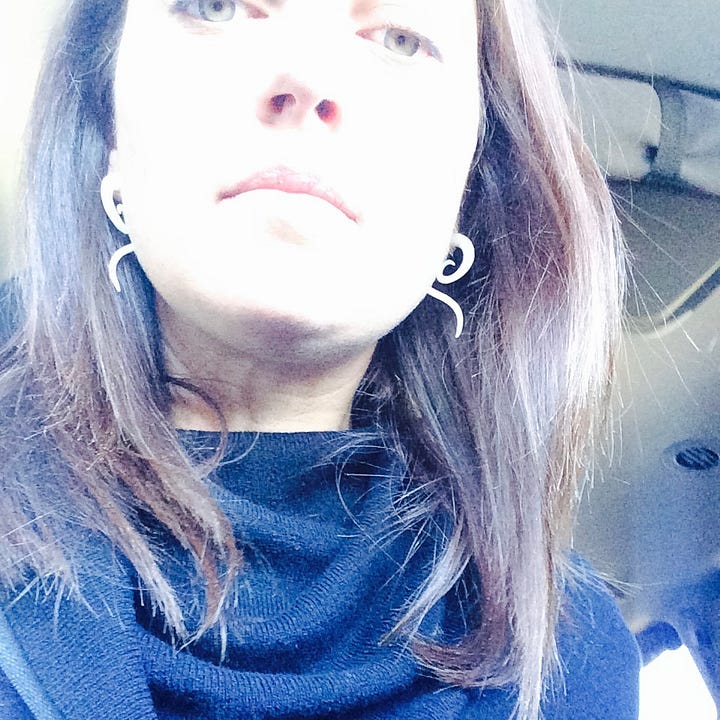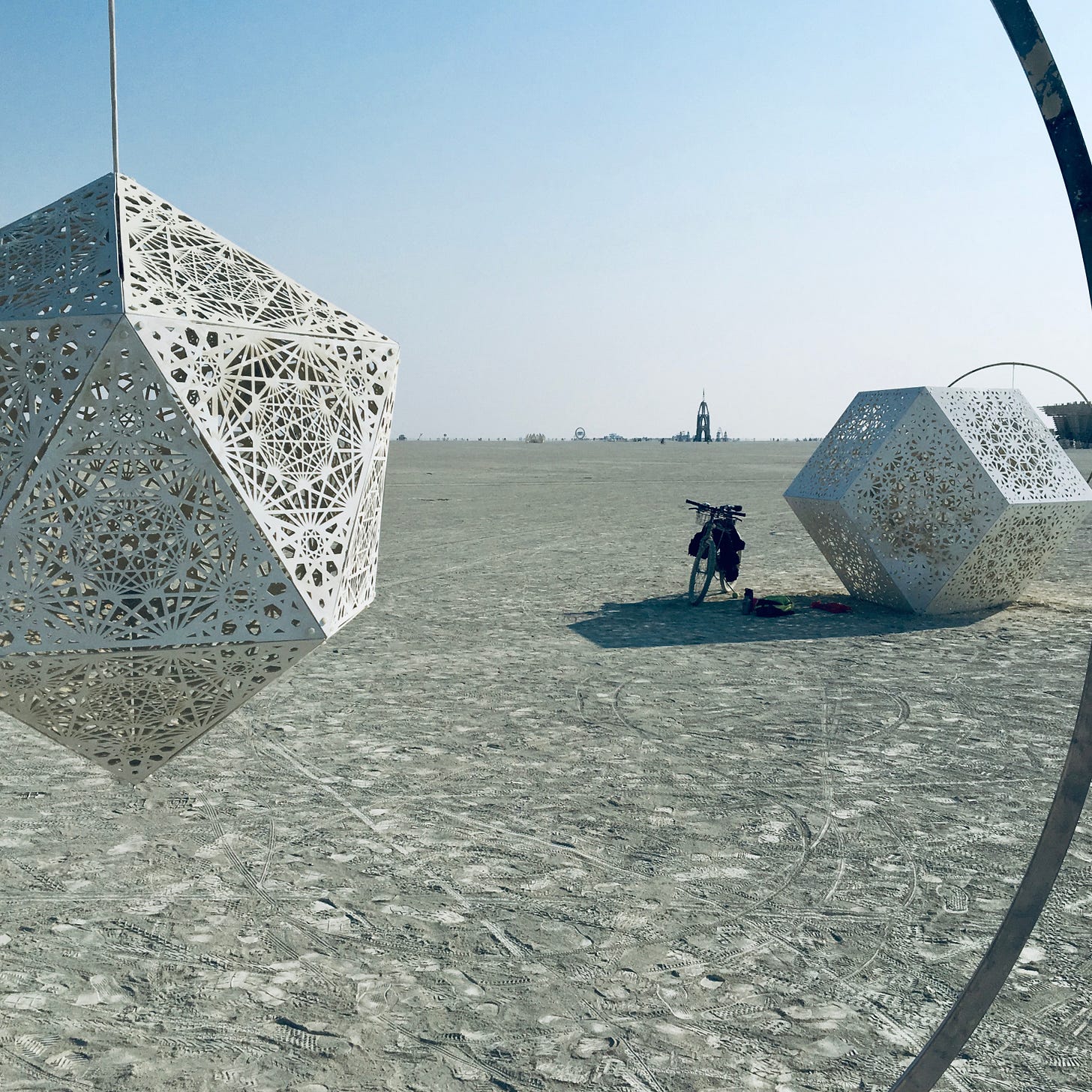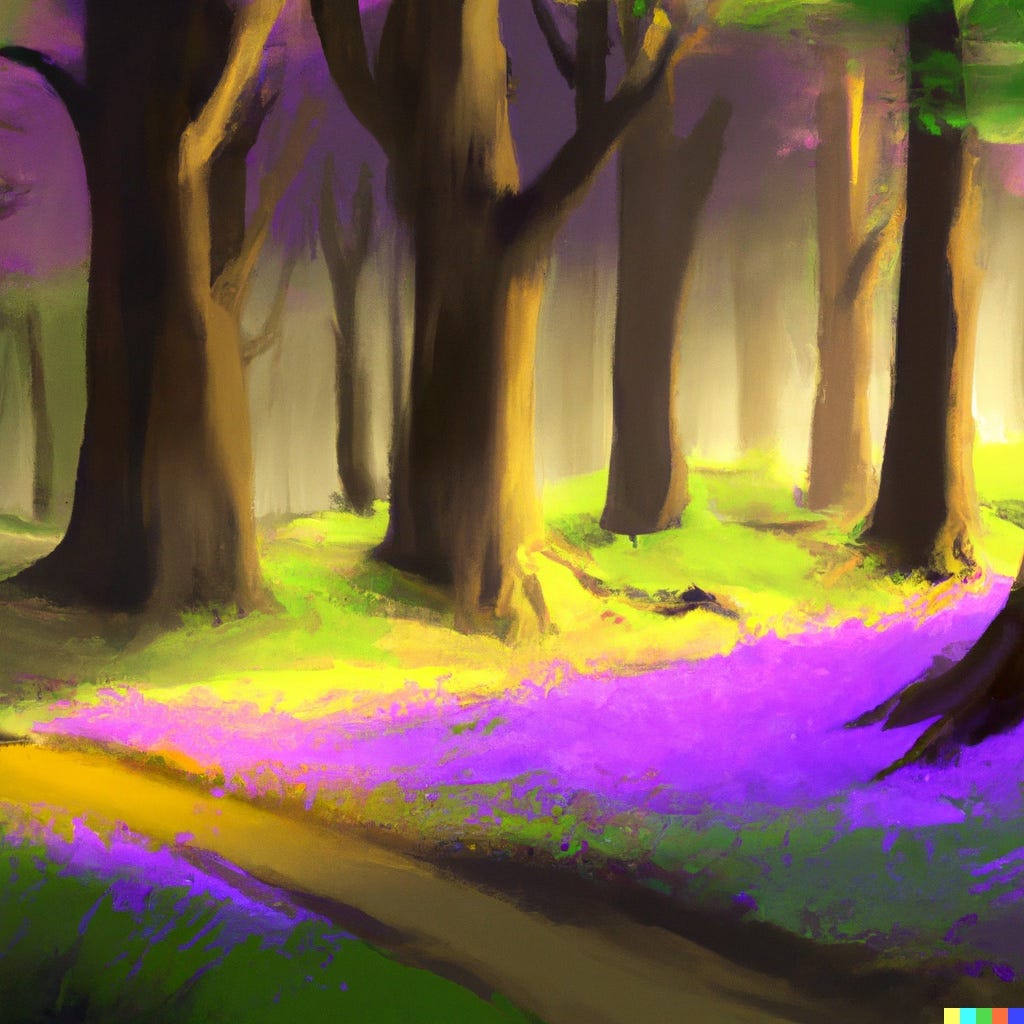“There is no such thing as freedom of choice unless there is freedom to refuse.”
—David Hume
I attended a sold out screening of Screenagers Under the Influence: Addressing Vaping, Drugs and Alcohol in the Digital Age, at a local theater on Tuesday. The documentary was shown as part of our public school community’s Teen Wellness Film Series (thank you for all you do, Jessica!) and was followed by a live panel including a local high school coach, an emergent addiction expert from Stanford, a grieving mother, an attuned high school student, and one of the two film directors, all of whom were in the film.
The film “debunks myths and depicts strategies parents and schools can use to encourage healthy decision-making, support teen mental health, set limits, and create healthy home environments.”
Screenagers certainly highlights the risks of addiction (particularly to vaping and video games), but is more about empowering teens and families to explore and experiment responsibly and consciously, offering insights into the “many ways young people are using their wisdom and strength to help each other and themselves through this complicated terrain around substance use.”
Sounds pretty good for adults too, right? I found it very resonant with my ClearLife work as well. What is safe? How do we make good decisions and support mental health in our families and communities? What does a healthy home environment looks like? How do we support each other in navigating the complicated terrain of substance exploration and use? When do we tip over from experimentation into dependency? How do we know if we have a problem?
The Three Stages: Use, Abuse, Addiction
About six months into my ClearLife experiment, I sought out a therapist with decades of experience in the fields of addiction and recovery. After startling “Dr. Bill” with my steely put-together-ness (a veneer he saw right through, I’d learn later), I had the courage to ask a question I’d been wanting an answer to for months.
“Am I, I mean, was I, an alcoholic?”
He didn’t answer immediately so I continued, “I never had any rock bottom, a DUI, put my kids in danger, or had to go to rehab or AA…”
After a painfully long pause he replied “I’m not a fan of labels. But no, I wouldn’t label you that way. That said, I hope you never drink again.”
He then offered his philosophy on addiction as a three stage process, a perspective that sticks with me to this day:
Stage 1: It’s fun.
We start with recreational, take-it-or-or-leave-it use. A puff on a joint, a drink (or other “dimmer”) once in a while on special occasions to celebrate, honor, or mark some event of some kind. A glass of champagne at a wedding, a shopping spree to get ready for a new chapter or job, an intense work sprint in preparation for a key milestone. This is the “use” stage. We do the thing because we want to, because we desire it. It’s a choice.
Stage 2: We need it.
Things we do occasionally can become habits. We get accustomed to the “hit” of dopamine or relief we experience with the activity and find ourselves doing it more regularly, habitually. We find that we need the thing more than want it.


My “habit” was culturally sanctioned “social” drinking. Unlike countless other healthier ways to mark moments or relax (including reading, exercising, time with loved ones, and creative outlets), drinking alcohol is addictive. Use is by nature progressive, so many of us eventually find ourselves feeling like we need a drink to endure discomfort or enjoy certain activities: spend time with certain people, cook a meal, dine out, hangout poolside, speak publicly, have sex, dance like we mean it, get to sleep, and so on. This is the “abuse” stage. This stage can last for months, years, or a lifetime.
Stage 3: We are addicted.
Enough abuse can eventually evolve into addiction, doing something compulsively despite adverse consequences. The grip of addiction can be physical and/or mental and it’s hard to overcome without serious help. It has been estimated that as many as one in three people are addicted to something, tobacco, drugs, alcohol, caffeine, gambling, sex, work, food, technology, the list goes on and on.
So where was I?
“You were in the ‘abuse’ stage,” Dr Bill told me. “Given your family history, my guess is that you were well on your way to being an addict. This is why I hope you never drink again.”
Dr. Bill is a smart guy. He positioned this trajectory as up to me, a choice. I make that choice every day.
I know I’m fortunate because: (1) I got off of the alcohol train when I did (well before the stage my mother was in when she died of an alcohol-related cancer, decades into a gradual fall into deep addiction) and (2) I do not live with a temptation to drink, primarily because I worked to heal that part of me that drank because I didn’t want to feel so much.
Where are you?
If you are an occasional, recreational “user” of anything (Stage 1) and you feel good about it, enjoy yourself! Many people live like this their entire life. This might look like an occasional desire to have a beautiful glass of wine, the choice to pour yourself into a project for days for a potent outcome, spend an hour on Instagram daily for entertainment, or that incredibly indulgent dessert you enjoy from time to time.
If you are living with an addiction (Stage 3) and want to change, I hope you have the support you need (internal and external) to heal what you are trying to escape from, avoid, numb out.
If you are somewhere in the vast middle (Stage 2) and wondering if your “want” orientation is shifting into a “need” or “abuse” orientation, or if you wonder if your life might be better without the habit, it is possible to explore without making any big decisions or commitments. No labels. Just self inquiry as a path to awareness, the first step towards real change. With a few tools we can learn a lot about ourselves and our relationship with, well, just about anything.
Take a break.
I get to speak with some wonderful people about their own ClearLife curiosity. I hear that that the exploration started with a private inquiry (or incognito Google search): “Do I have a problem?” “Am I an alcoholic?” “What is addiction?” At a certain point we want to talk with someone who’s broken a serious habit, and sometimes that’s me. Curiosity drives this exploration, not a need to label or judge ourselves or anyone else.
Questions are often personal and intimate about shame, social pressures, the impact on a marriage, fear of sober sex, the fear of trying to pause and not being able to. There is no single way to answer these questions or decide how to proceed. We often just explore the inquiry with curiosity, not judgment, together. No conversation is ever the same, but I’ve noticed that we often end up in the same place: If you really want to understand your relationship with something, take a break.
A break can be a week without social media, a month without alcohol, a commitment to adhere to a budget for a period, and so on.
The start of a break is often pretty spontaneous, a choice. The feeling, the spark, is I want to see if I am enjoying this thing because I am choosing to do it or if it has a grip on me. Sometimes it’s I’m curious, would my life would be better without this thing?
If you do take a break from something you know you have a complicated relationship with, take time to notice the details of the experience. Observe yourself. What do you feel? Is it difficult? Is thinking about it and whether or not you should stick to your commitment with yourself consuming a lot of time, energy? Are you having difficulty adhering to the commitment to take a break at all? Are you the one in charge, or is the habit influencing you in ways you don’t like?
This investment in greater self awareness is a majestic and essential step on our path to growth, one that only we can take.
With this awareness we are equipped to stay on a path to change, if we choose.

Freedom is about choice.
I’ve heard a lot of people talk about drugs, alcohol, and other intoxicants as a way to “feel free.” In my experience, when we “need” something to “feel free” we are the opposite of free.
I consulted with my dear and inspiring friend Laura about this. She recently broke a longterm smoking habit and has been generously sharing some of the intricacies of her experience with me:
“Freedom is not about doing everything you want. Freedom is about having the [choice] of saying yes, or saying no.”
Since stopping, she’s noticed cravings come and go, as thoughts arise and pass in meditation. She observes with inspiring levity, laughing at these tricksters, so it seems. “I found my freedom again. I am in charge of this.” Beautiful.
Perspective matters.
Stopping doing something we once enjoyed brings up a lot of complicated feelings; a common one is lamenting what we feel we have lost. In my case, I did at times miss being able to “let loose” a bit at the end of a long week or enjoy drinks with my extended family on vacation. I’m already grieving what I’ll miss if I ever get around to pausing or quitting coffee (a most certain addiction of mine these days).
What I gained when I stopped drinking alcohol far outweighed any perceived losses. Morning runs. True presence with the kids and other loved ones. The transformative upsides of deeper sleep. Anyone who has shaken any almost- or actual addiction can confirm that while we may have had to adjust to life without the habit we were abusing, what we feel on the other side is freedom and a newfound self-awareness that can be a catalyst for other positive changes.
I’ve seen perspectives of “loss” shift, often pretty quickly. What we “gave up” eventually feels like an empowering choice, not a deprivation.
Just more aware.
Similarly, the coach in the Screenagers film, also on the panel following, explained how he supports high school athletes as they “take a break” from booze and drugs during their competitive season. When the kids lament what they’re missing, he helps them see what they gain: earlier (happier) mornings, more time to do what they enjoy, better performance on the field, a clearer head for schoolwork and their jobs.
He tells his kids “You’re still gonna be you, just more aware.”
May we all stay curious and kind to ourselves and each other.
Best to you in your exploration of still being you, just more aware.
Onward.
Miscellaneous…
Curious about: the journey of adult children healing relationships with their parents, alive or not, as referenced by Gabor Maté at Wisdom 2.0 today. This is the topic of his next book.
Noticing: that men don’t seem to read women authors, listen to podcasts by women, and so on. I am learning about the cultural hierarchies that inform this dynamic and will share more as I go.
Thankful: for you all reading my work! I’d love to hear your feedback and questions (and will happily answer topical questions in future posts).







Thank you for sharing your story, Cecily. I enjoy reading it and I love how you talk about curiosity being the first step of becoming aware and experimenting with different ways of doing things and that we all have the freedom and power to choose our actions. 🌻